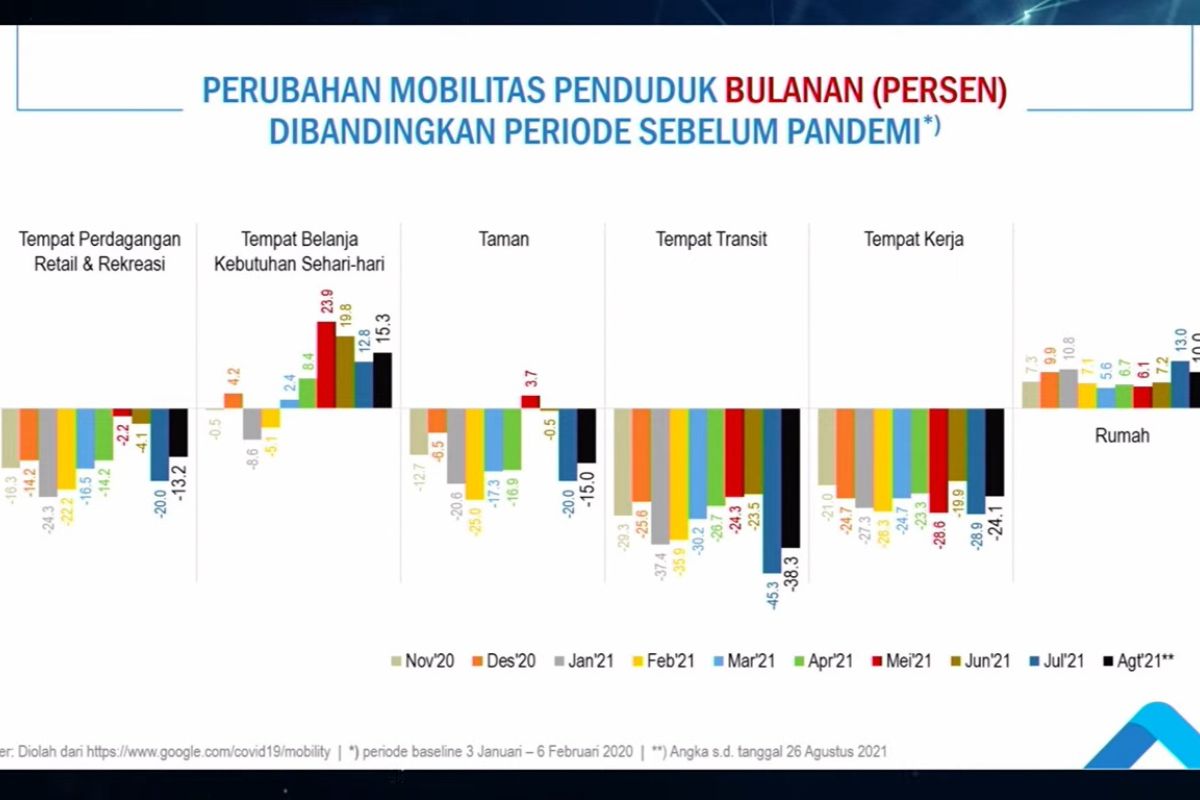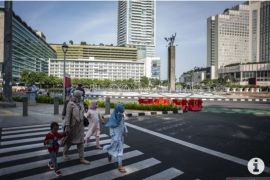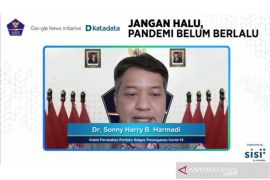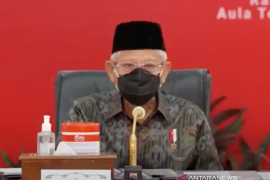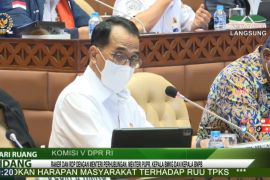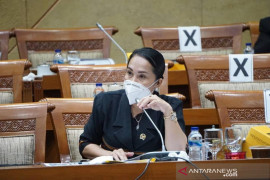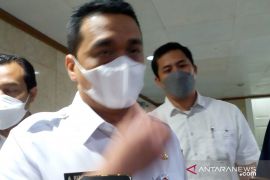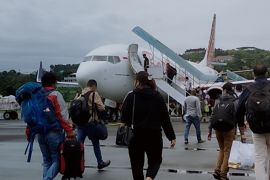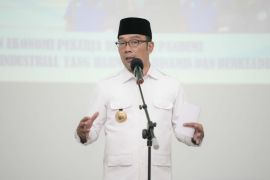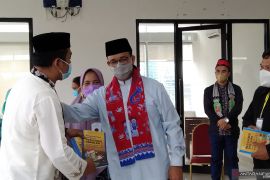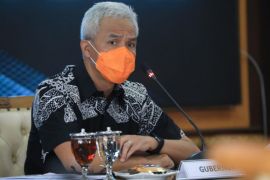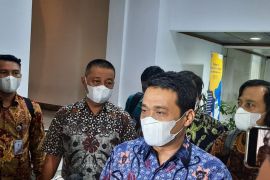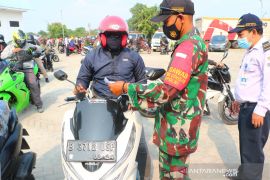Meanwhile, the mobility in workplaces in July (2021) showed a significant decline to minus 26.9 percent, but in August, it rose to minus 24.1 percent.Jakarta (ANTARA) - Community mobility began to increase in August this year after plummeting in July due to the imposition of public activity restrictions (PPKM) for preventing COVID-19 transmission, Statistics Indonesia (BPS) head Margo Yuwono has revealed.
"As seen, the community mobility in retail, trade, and recreation places decreased sharply by 20 percent during the Java-Bali emergency PPKM," he remarked at an online press conference, accessed from here on Wednesday.
However, he said, in August, when the COVID-19 positivity rate and the bed occupancy rate declined, community mobility in retail and leisure areas fell by just 13.20 percent.
Based on data processed by BPS from Google's Community Mobility Report, public mobility in shopping for daily necessities rose in August to 15.3 percent compared to 12.8 percent in July, he added.
Related news: Government extends emergency mobility restrictions until July 25
Likewise, public mobility in parks, which had previously dropped to minus 20 percent in July, improved to minus 15.0 percent in August 2021, Yuwono said.
"The emergency PPKM in July really affected the community mobility in transit places, such as terminals, airports, and so on. It fell to minus 45.3 percent in July, but in August, it increased to minus 38.3 percent," he added.
"Meanwhile, the mobility in workplaces in July (2021) showed a significant decline to minus 26.9 percent, but in August, it rose to minus 24.1 percent," he informed.
The increase in community mobility in various places last month has led to activities at home, which had reached 13 percent in July, dropping to 10 percent in August, he added.
Furthermore, head of the COVID-19 Handling Task Force's behavior change team, Sonny Harry B. Harmadi, shed light on the indicators used to determine the extension of PPKM.
Field indicators for PPKM extension are the developments in cases of infection in each region, the handling response from health services, and socio-economic condition of citizens, he said.
Related news: Jakarta residents' mobility fall 30 percent amid PPKM
Related news: Minister necessitates 50% mobility decline to flatten COVID-19 curve
Translator: Aditya R, Kenzu T
Editor: Suharto
Copyright © ANTARA 2021
